Germany’s governing coalition parties, the CDU/CSU and the SPD, are clashing over more and more issues. The most serious disagreement, however, concerns how to bridge the €172 billion budget deficit over the coming years. Finance Minister and SPD co-chair Lars Klingbeil wants to raise taxes, increase inheritance tax and possibly introduce a new wealth tax for the rich. Merz, however, insists there will be no new taxes, citing the coalition agreement signed at the time of forming the government – the international V4NA news agency writes. – “We have a coalition agreement, and we agreed that taxes would not be raised. And that agreement remains in force,” he told broadcaster ZDF.
Yet many do not believe him. Since his narrow victory in the race for chancellor, Merz has earned a reputation for backtracking and failing to keep his promises,
– The European Conservative news site points out.
Once, he promised a stricter asylum policy, but quickly softened his stance. He vowed not to take on massive new debt, yet his government approved close to a trillion euros in military spending. He also pledged to review state funding of non-governmental organisations, but that plan too quietly vanished.
Now sceptics wonder whether his pledge of no tax rises is just another promise soon to be broken.
The mood within the coalition is far from good. Labour Minister and SPD co-chair Ms. Barbel Bas, in a speech at a party conference, described Mr. Merz’s push for cuts to social spending as “nonsense.” She argued that the welfare state must be protected, not reduced. The Social Democrats continue to press for the wealthy to contribute more to common expenditures, and some CDU members, such as MP Andreas Mattfeldt, have also suggested that the rich should pay higher taxes in return for social reforms.
The coalition’s disagreements could be listed endlessly, despite the fact that at a joint press conference on Wednesday, after days of disputes over welfare reform and budgetary pressure, they promised unity. Mr. Merz and senior SPD ministers stressed their shared commitment to preserving the welfare state, while acknowledging that reforms are needed.
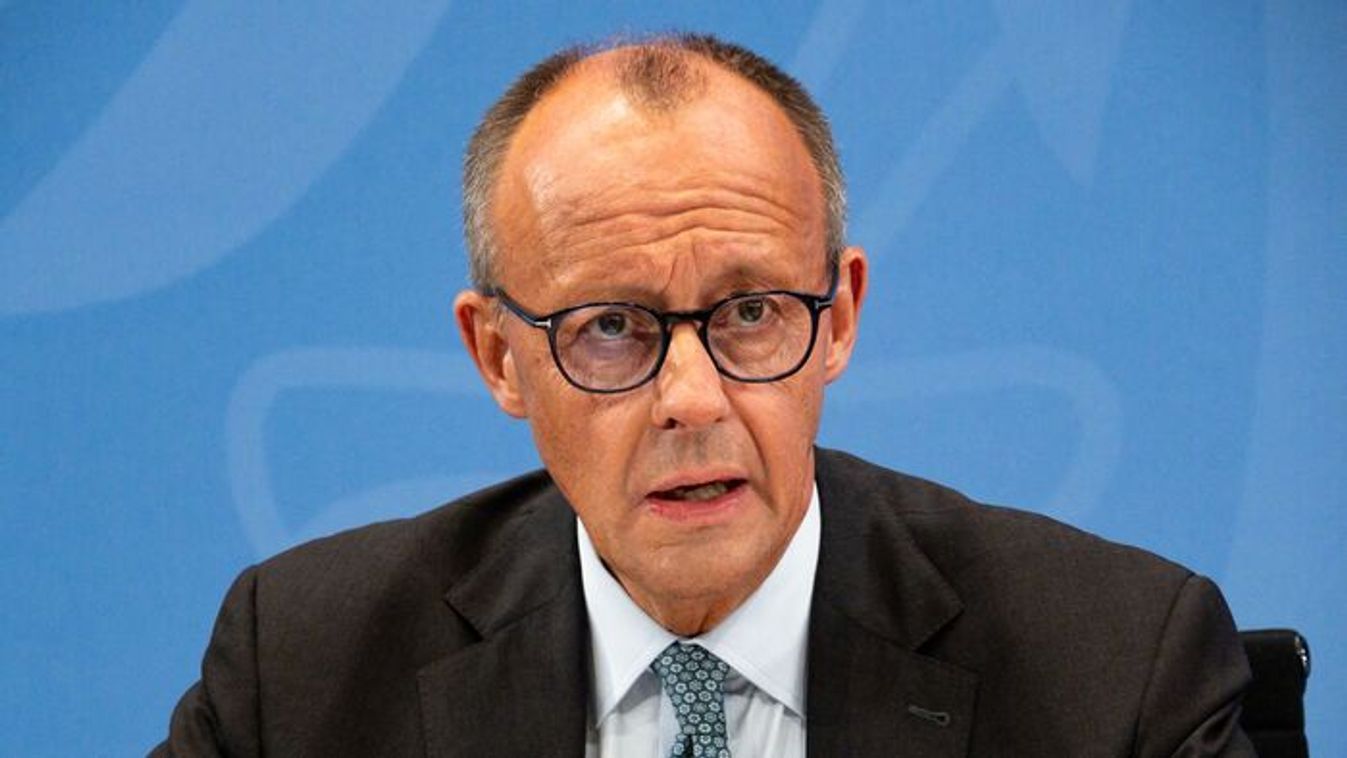

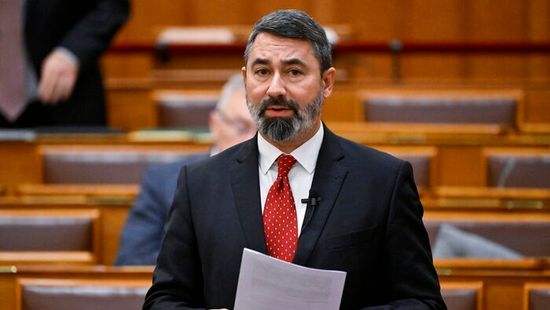

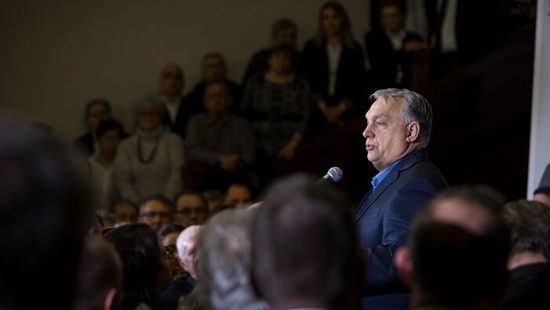



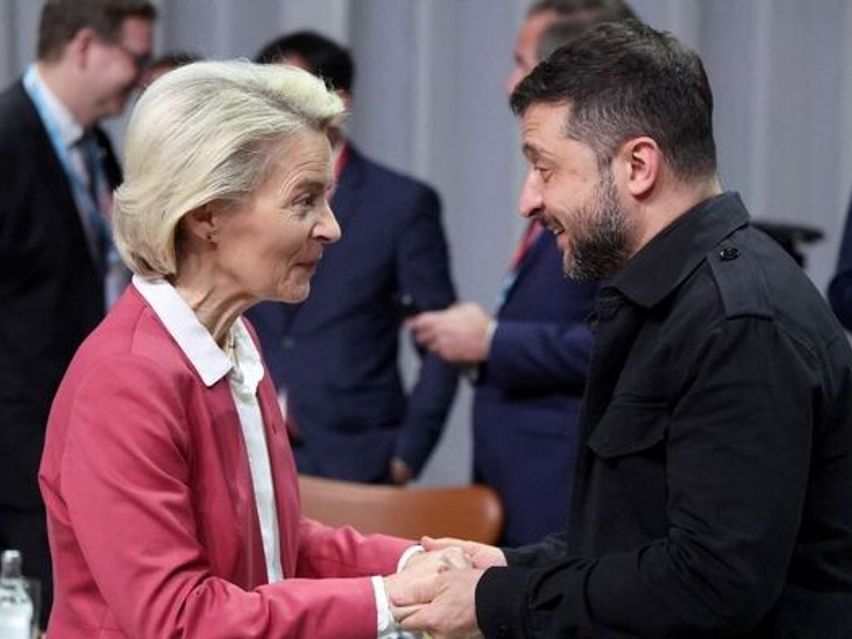


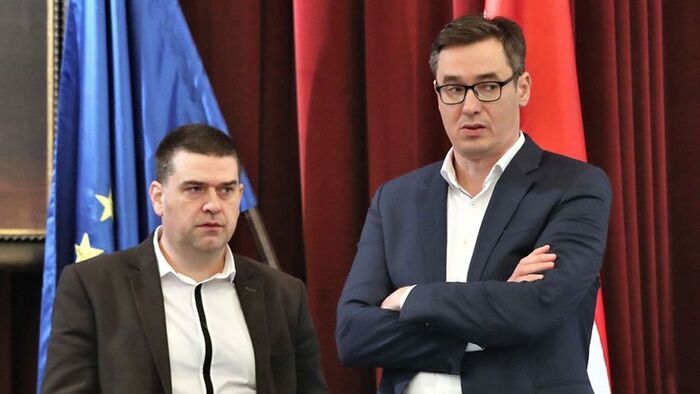











Szóljon hozzá!
Jelenleg csak a hozzászólások egy kis részét látja. Hozzászóláshoz és a további kommentek megtekintéséhez lépjen be, vagy regisztráljon!